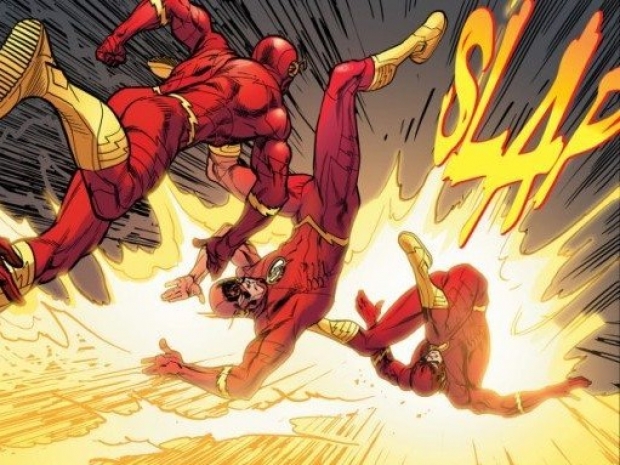In Google’s eyes, this means that Flash, which was once the most popular internet player, is deader than a foot soldier from the Trojan war.
Google has been trying to kill off Flash for years. In 2015, Chrome started automatically pausing less important Flash content. In 2016, Chrome started blocking "behind the scenes" Flash content and using HTML5 by default.
In July 2017, however, Adobe said it would kill Flash by 2020. With Chrome 76, Flash is now blocked by default. Users can still turn it on in settings, but next year, Flash will be removed from Chrome entirely.
Incognito mode detection has been disabled, there are multiple PWA improvements, and more developer features.




